Landing a McKinsey Internship: What You Need to Know
Learn how to break into this consulting giant
Management consulting isn’t just for MBA grads or accounting majors. In recent years, consulting firms have looked to hire interns from diverse educational backgrounds who can solve difficult problems for their clients, advising them on major milestones like an acquisition, entry into a foreign market or corporate downsizing.
McKinsey & Company falls within 'MBB,' a popular acronym for McKinsey, Bain, and BCG. These consulting firms are often considered the most prestigious in the world. With 30,000 employees and offices in 130 cities, McKinsey is the largest of the three.
Aside from the door-opening clout of the McKinsey name on your resume, a summer internship at the firm offers the opportunity for first-hand experience as an analyst. Current and former interns report an unusually high level of autonomy and are entrusted with important work, such as co-hosting a 20+ person client workshop and working directly with the client on a diversity hiring strategy. Summer internships typically last 10 weeks, while shorter internships are available at some offices in the spring and fall.
Types of Internships McKinsey Offers
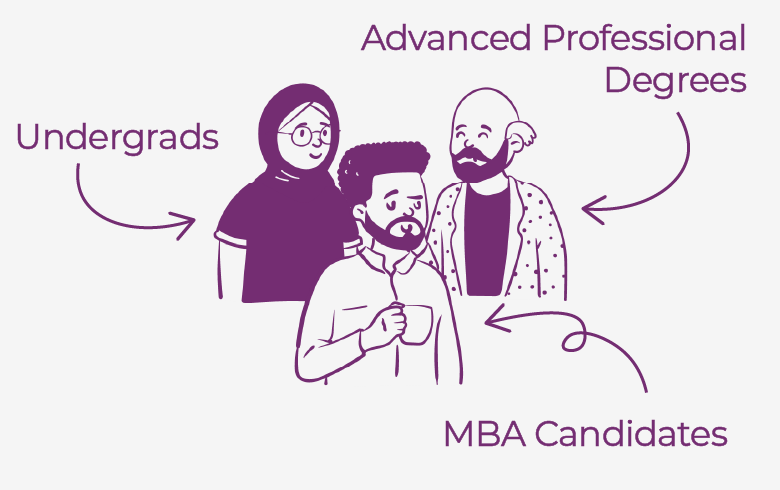
McKinsey offers internships for undergraduates (juniors and seniors only), MBA candidates and those pursuing a graduate degree in a non-business field. Non-business majors can be considered for the same roles as those pursuing business degrees. Base requirements include excellent academic performance, leadership abilities and experience working on or off campus. All internships are currently virtual due to COVID-19.
Undergraduate internship
Interns in their junior year of college can choose between generalist consulting and practice consulting, which is focused on a specific function (i.e. digital operations) or industry (i.e. financial services). If you’re pursuing a degree in a technical field, you can select a technology role, such as data scientist, data engineer, software engineer, project manager, designer, agile coach or digital marketer.
In a generalist consulting role (AKA business analyst intern), you’ll be placed with a team of 3-5 consultants to work on projects in a variety of functions and industries. Interns play an active role in projects and are essentially given the responsibility of first year analysts. Duties include gathering and analyzing information, formulating and testing hypotheses and developing recommendations. You’ll also have an opportunity to present results to client management and work alongside client teams to implement recommendations.
If you're a sophomore...
Sophomores can apply for the Sophomore Diversity Leaders Internship (US and Canada only), which lasts 8-10 weeks. Outstanding interns may receive an offer to return to the firm as a summer business analyst or as a full-time business analyst after completing their degree.
MBA candidate internship
Nearly half of incoming McKinsey consultants have MBAs, so if you’re interested in a full-time offer, consider business school. MBA candidates join the company as associates and typically serve on analytics, digital or other technology teams. Like undergrads, they can choose between generalist consulting, practice consulting and technology roles.
Formal mentorship is a key benefit of the post-grad McKinsey internship program: a Partner is assigned to you to help guide your career and provide formal training in your first few weeks.
Advanced professional degree internship
Non-business majors bring a wealth of perspective to consulting firms like McKinsey. The firm is hungry for those with industry expertise, such as doctors who can work on healthcare reform or data analysts who can interpret BI data. However, they also considers candidates who don’t have specific functional expertise and are interested in learning more before choosing a specialization. ‘Make Your Own McKinsey’ is one of the firm’s mottos, which refers to consultants being free to shape their own career paths and work on projects that interest them.
The internship program begins with a broad focus -- a conscious strategy on McKinsey’s part to ensure that graduate students with non-business backgrounds can thrive in the role -- but interns have the opportunity to develop an area of focus and industry expertise as they progress.
Candidates without a business background will receive business training through a program called Business Essentials to equip client-facing roles with foundational business knowledge they need to participate in team and client discussions.
The Perks of Every Internship
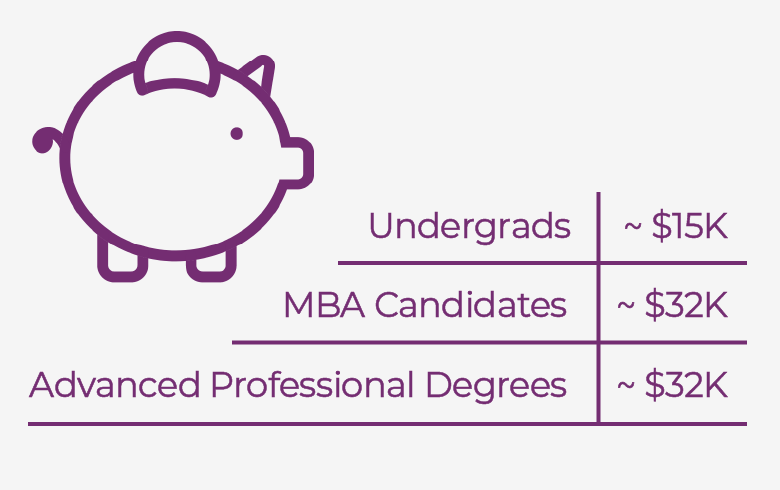
What is the salary for an intern?
McKinsey interns are well-compensated. Undergraduate interns in the US stand to earn $15,000 during their 10-week internship, while MBA candidates and those pursuing a non-business advanced degree take home $32,000. Salary outside the US varies by location and is commensurate with cost of living.
What do former interns say about the McKinsey internship?
Positive feedback includes the ability to work on exciting projects, ample professional development opportunities and lots of autonomy. Many interns also raved about their McKinsey colleagues, deeming them brilliant, supportive, strong mentors.
Negative aspects include long work hours and poor work/life balance. In some offices, interns deemed the culture high-stress or overly competitive.
Getting a McKinsey Internship
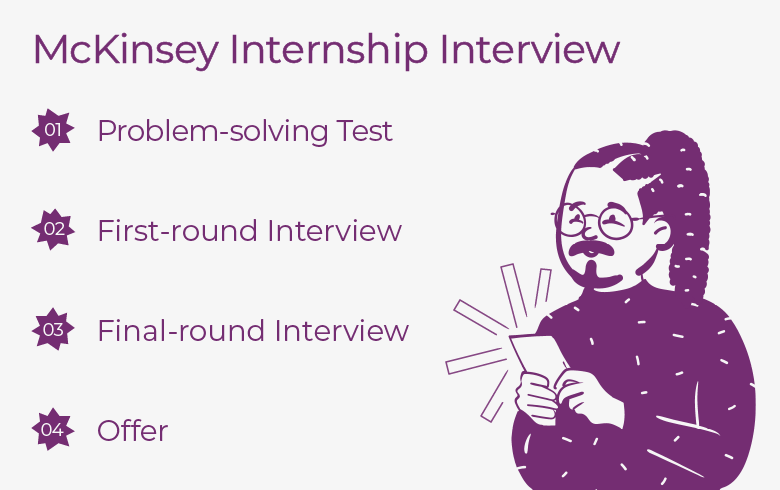
What do hiring managers look for?
As one of the best organizations in their field, McKinsey has room to be picky. Hiring managers look for a number of traits in potential candidates:
- Intellectual curiosity -- A willingness to challenge assumptions and test hypotheses
- Leadership abilities -- Initiative, communication skills, decisiveness and teamwork. A strong record of leadership positions will certainly help.
- Exceptional academic performance -- A GPA of 3.6 or above helps you clear the resume screen, but if you’re closer to a 3.2, you can still qualify if you can prove strong contributions in other areas
- Willingness to travel -- Pre-COVID, interns could spend a week at a time in a different city working directly with a client.
What is the interview process at McKinsey?
Resume and cover letter screen
Always include a cover letter with your application, even though this step is optional. A well-written cover letter proves you have communication skills and provides an opportunity to clarify an aspect of your work history or application, like why you requested to intern at a McKinsey office in another country.
Problem-solving test
Successful candidates will be invited to take a 26-question math and logic test based on real McKinsey client cases. The aptitude test tests your ability to solve business problems using deductive, inductive and quantitative reasoning and is often likened to a mini SAT or GMAT. You’ll have 60 minutes to answer as many multiple choice questions as possible. For each case study, you’ll be presented with information in the form of text or exhibits (a diagram, chart or table).
Give yourself time to absorb the case study so you can answer the questions correctly. Data is a big part of the test, but only some of the questions involve simple math (a calculator is not allowed). The test is designed so that candidates from a non-business background can still ace it. McKinsey publishes practice tests online. Here are the top tips from McKinsey on how to ace the test.
First-round interview
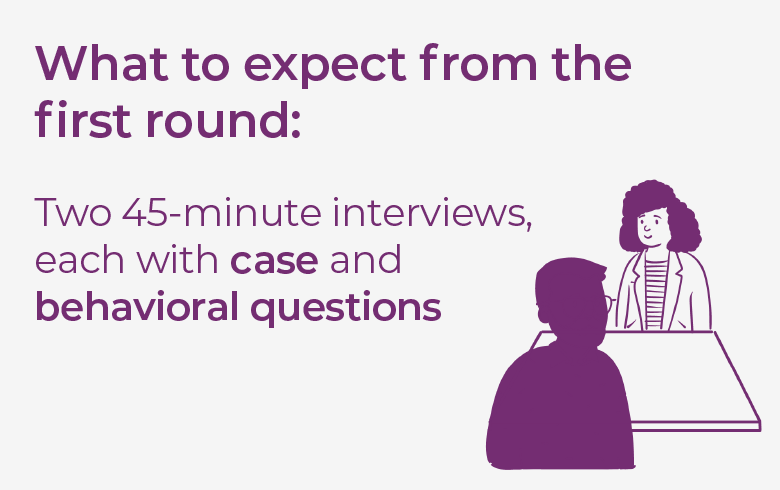
The first round of interviews typically consists of two 45-minute one-on-one interviews, centered around casing and designed to test your problem-solving skills. You’ll be presented with a case study about a company facing an issue, and you’ll be expected to analyze the situation and develop a recommendation. For example, should a beverage company launch a new sports drink? Case interviews take a lot of preparation-- learn how to tackle them as soon as possible and check out resources like Case in Point to get you started.
The second part of the interview is a behavioral section designed to evaluate your soft skills. Although case interviews seem the most daunting, designate some time to prep for the Personal Experience Interview. This behavioral portion of the interview is designed to hone in on cultural fit and communication skills. Candidates are asked to share a previous personal or professional experience where they demonstrated leadership capabilities. But this isn’t the standard format where you present a problem, solution and outcome and then move on to the next question. Whatever scenario you provide, your interviewer will ask 10-15 follow-up questions to elicit more information.
The initial question could be one of the following:
- Tell me about the most significant accomplishment of your career.
- Tell me about a time you convinced a colleague to take an alternative approach.
- Tell me about a time you overcame a significant challenge at work.
- Tell me about a time you solved an important disagreement with a colleague.
- Tell me about a time you demonstrated exceptional leadership.
You’ll then answer follow-up questions, such as “Why did you decide to pursue that idea even when others said it wouldn’t work?” or “How did you respond when so-and-so said XYZ?”
To ace this portion of the interview, you’ll need to prepare at least 5-7 stories and examine them in-depth. Anticipate what questions a recruiter might ask to fill information gaps. Provide background about the experience, describe the challenge you faced and overcame and discuss the impact of your actions.
Final-round interview
Each office and specific practice has a slightly different approach to final-round interviews, but don’t worry about being caught off-guard. You’ll receive a detailed description of what to expect prior to interview day.
The final round typically consists of 2-3 interviews, each lasting an hour. You’ll encounter the same four types of questions in your first round of interviews, including case studies, the Personal Experience Interview and questions like “Why consulting?” and “Why McKinsey?” Your interviewers will be more senior people in this round, and they’ll be looking at factors like whether you’re coachable and easy to work with, whether you ask engaging questions and how well you walk the interviewer through your thought process.
You can also expect role plays where you are given a scenario and the interviewer poses as a hypothetical client. The interviewer assesses you based on the quality of your recommendations and communication with the client.
Common interview questions
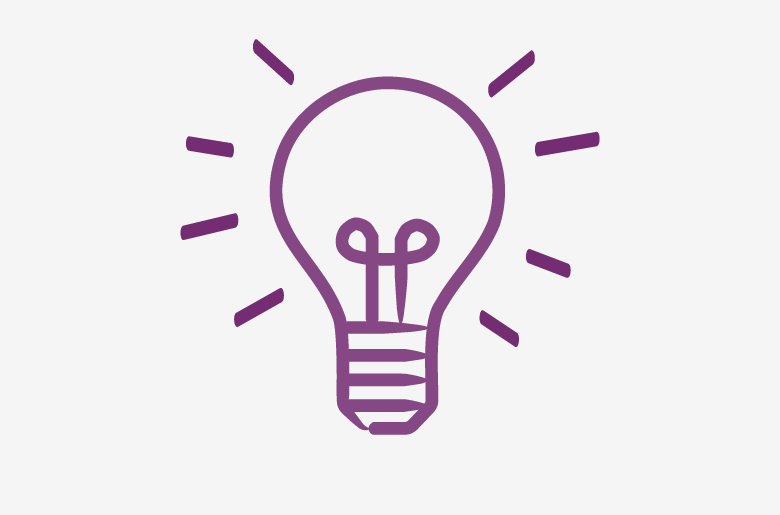
- Why are you interested in consulting?
- Why do you want to work at McKinsey?
- Tell me about yourself.
- What are your expectations from us?
- What are your extracurricular activities on campus?
- Tell me something about yourself that is not on your resume.
- What has been your most significant achievement in life?
- Why did you decide to pursue an MBA?
- Describe your biggest challenge to date and how you overcame it?
- Where do you see yourself in five years?
Banner image from www.mckinsey.com
The information provided herein is for general informational purposes only and is not intended to provide tax, legal, or investment advice and should not be construed as an offer to sell, a solicitation of an offer to buy, or a recommendation of any security by Candor, its employees and affiliates, or any third-party. Any expressions of opinion or assumptions are for illustrative purposes only and are subject to change without notice. Past performance is not a guarantee of future results and the opinions presented herein should not be viewed as an indicator of future performance. Investing in securities involves risk. Loss of principal is possible.
Third-party data has been obtained from sources we believe to be reliable; however, its accuracy, completeness, or reliability cannot be guaranteed. Candor does not receive compensation to promote or discuss any particular Company; however, Candor, its employees and affiliates, and/or its clients may hold positions in securities of the Companies discussed.
